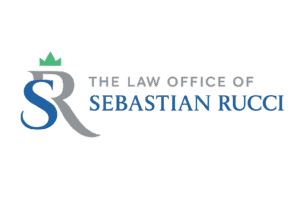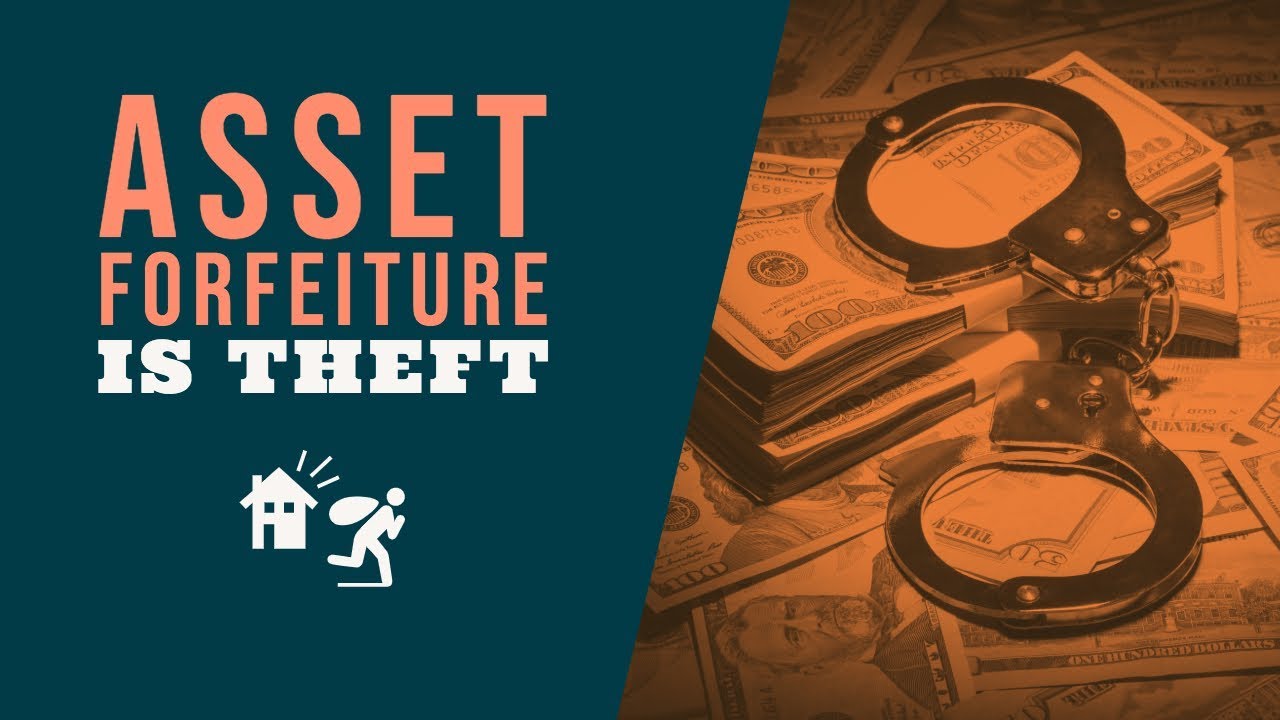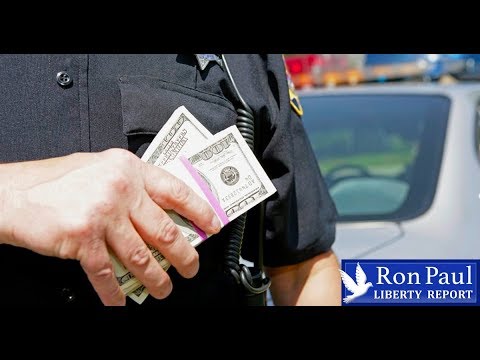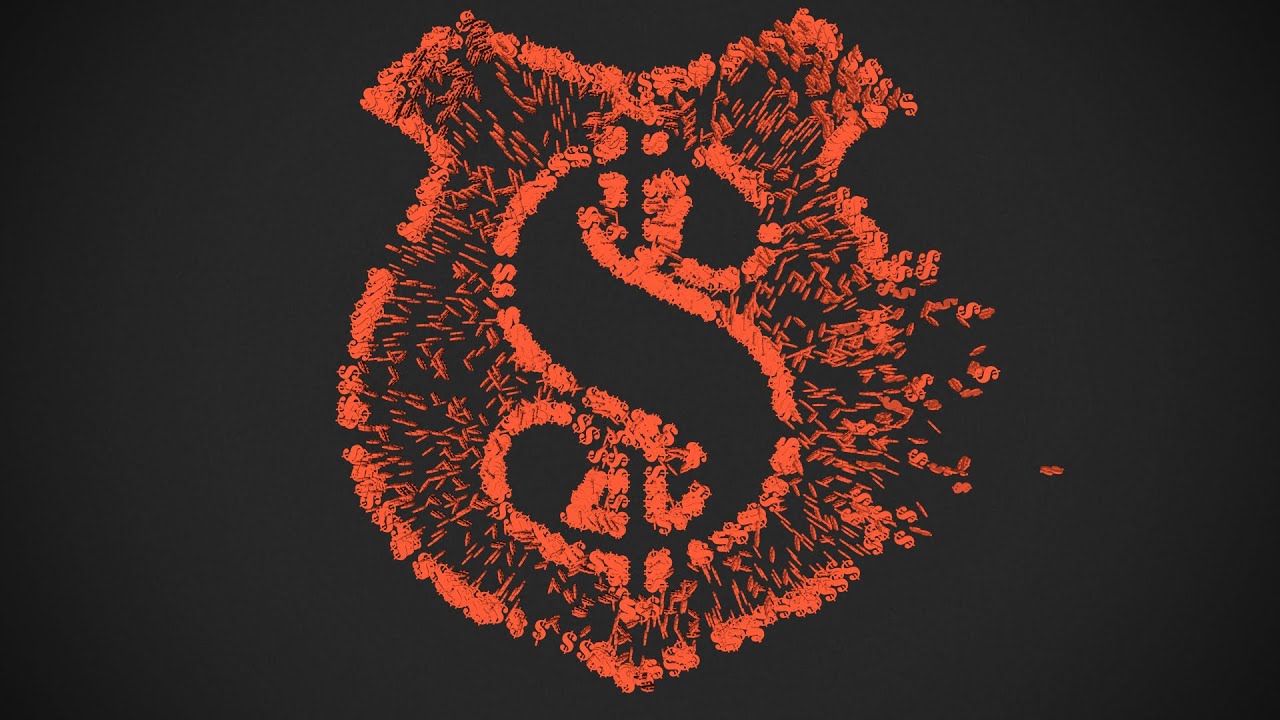Asset Seizure Injustice – Rucci Law
Asset Forfeiture: Understanding Your Rights and Fighting for Your Property
At Rucci Law, we understand that the loss of property – through asset forfeiture – can feel devastating. It’s not simply about losing money; it’s about losing a part of your livelihood, your family’s heritage, and potentially facing serious financial hardship. Often, the process is shrouded in complex legal jargon, leaving individuals feeling powerless and uncertain. We’re here to demystify asset forfeiture and aggressively protect your constitutional rights.
What is Asset Forfeiture?
Asset forfeiture is a legal process where the government seizes property believed to be connected to criminal activity. This can occur through several mechanisms, including:
- Criminal Forfeiture: Seized due to direct evidence linking the property to the commission of a crime.
- Civil Forfeiture: The government pursues legal action without a criminal conviction, relying on evidence of connection to criminal activity.
- Undercover Asset Forfeiture (UAF): A controversial practice where the government seizes assets based on suspicion alone, often without directly linking them to a specific crime.
Your Constitutional Rights During Asset Forfeiture
Despite the government’s power, your rights are protected. Here’s what you need to know:
- Due Process: You have the right to a fair hearing, notice of the charges against you, and the opportunity to present evidence.
- Right to Counsel: You have the right to be represented by an attorney who specializes in asset forfeiture defense.
- Protection Against Self-Incrimination: You cannot be compelled to testify against yourself.
- Fourth Amendment Protection: The government must have probable cause to believe your property is connected to criminal activity. Overreach and suspicion alone aren’t enough.
Common Issues & Government Overreach
Unfortunately, asset forfeiture cases frequently involve significant government overreach. Some common issues we address include:
- Insufficient Evidence: The government’s evidence may be weak, circumstantial, or based on flawed investigations.
- Lack of Transparency: The government may not disclose all information related to the investigation.
- Procedural Errors: Mistakes in the legal process can be exploited to challenge the forfeiture.
At Rucci Law, we meticulously investigate every asset forfeiture case, identifying potential weaknesses in the government’s case and advocating fiercely on your behalf. We understand the stakes are high, and we’re committed to providing strategic legal representation and protecting your property rights. Don’t face this challenging process alone. Contact Rucci Law today for a confidential consultation.
Related:
Charlotte Is Ground Zero for New FBI Asset Forfeiture Tip Line Program | Texas Asset Forfeiture Press Conference (Institute for Justice) | Civil forfeiture: Fighting socialism in Mississippi and throughout the Deep South | Bank Account Freezes: Your Legal Defense | Sanctioned oligarch accuses U.S. of stealing his assets, vows to fight in Russian court | Asset Forfeiture: A Double Whammy of Bad Policy | We Need Transparency and Fairness in Civil Asset Forfeiture | Report: Civil Forfeiture Policy Unjustly Deprives People of Property | Hero Judge Takes on Civil Asset Forfeiture! | This Federal Program Lets Cops Seize Cash, Evade State Laws And Keep Over A Billion Dollars | Why Rhode Island Needs Civil Asset Forfeiture Reform | North Dakota Takes A Bite Out Of Civil Asset Forfeiture | Magazine Articles on Forfeiture Abuses | Common Mistakes Victims Make in Asset Forfeiture Cases | Fighting Civil Asset Forfeiture in San Diego – From Border Seizures to Local Police | Institute for Justice’s Darpana Sheth Discusses Civil Asset Forfeiture | Trump wants to use a big banking settlement to help build his border wall | Libertarian Comes Close To Understanding Civil Asset Forfeiture | After the Cops Seized Her Car, the Government Waited Five Years Before Giving Her a Chance To Get It Back | 21 U.S.C. § 881 FORFEITURES | JUSTICE MANUAL 9-113.000 – Forfeiture Settlements | Magazine Articles on Forfeiture Abuses | Legislative Limits on Forfeiture: Protecting Your Assets | Civil Asset Forfeiture in Los Angeles – What Victims Need to Know











